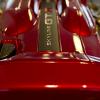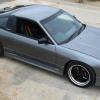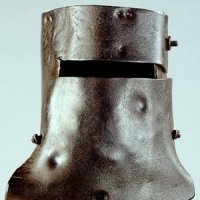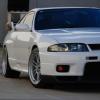Forced Induction Vs Na In The Heat Which Suffers More
Announcements
-
Similar Content
-
Latest Posts
-
Just report the OP (via the 3 dots menu at the top right of post) and request deletion.
-
And boosters can be rebuilt by the same sort of brake shops that will rebuild a brake booster.
-
Hi, does anyone know how I can, or can a moderator remove this advertisement please. Has been sold a long time ago and would like to remove references. Thanks.
-








Recommended Posts
Create an account or sign in to comment
You need to be a member in order to leave a comment
Create an account
Sign up for a new account in our community. It's easy!
Register a new accountSign in
Already have an account? Sign in here.
Sign In Now